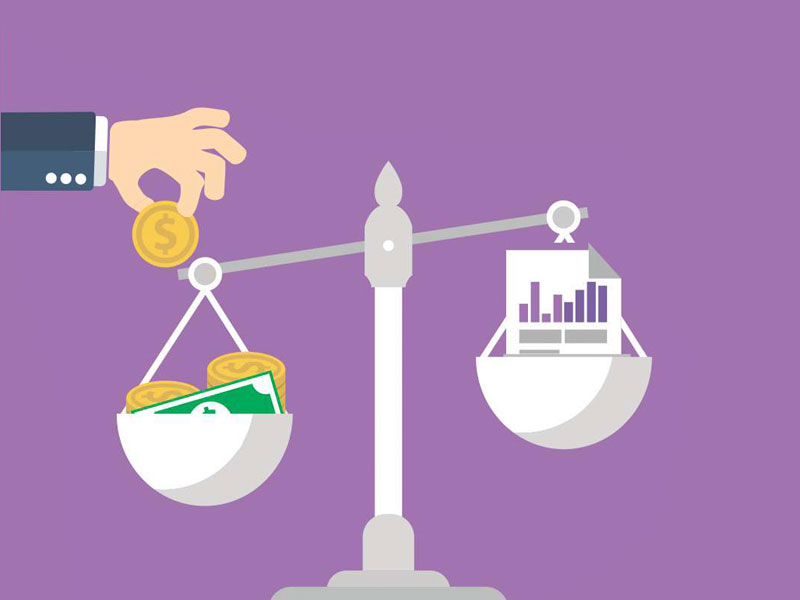Home Based Business

Benchmarking your business
July 9, 2016
Family Assistance Payments 2015
July 9, 2016Expenses & Deductions
There’s a chance you’re tired of the everyday travel, or want more flexibility of working hours – or perhaps you have an expertise or talent that could lead to a fulfilling profession in your very own business. If operating from home appears to provide a work/life equilibrium (to have your cake and eat it too) there just may be icing for your cake by way of taxation benefits.
Home-based business allows you to be your own boss, and generate a living on your own terms and conditions. But the other part of earning money is not shelling out more than you need to, so understanding which tax savings you are eligible for could be an excellent aid in making a home-based business successful.
The tax deductible expenditures that come about from working from home can be categorised as:
• ‘occupancy’ costs
• ‘running’ costs
• motor vehicle costs.
Deductions for occupancy
These refer to costs for using your home obviously, although not specifically directly linked with the business itself. These may be leasing expenses, possibly home loan interest should you qualify, council rates or insurance charges.
In order to deduct part of your home loan interest expenses, you must pass the ‘interest deductibility test’. To claim a tax deduction for almost any occupancy cost, areas you set aside for working will need to have the ‘character of the place of business’.
Quite simply, it should resemble ‘Maggie’s Hair Salon’, ‘Jim’s Catering’, ‘Bob’s Accounting’ or a place that provides whatever service or product your home-based business is involved with. Putting up business signage will help, however it is also essential to have the actual business area properly defined.
You can normally claim the same proportion of occupancy costs as the proportional area of your residence which is used to generate income (for instance, in case your home office is 10% of the overall area of your property, then you’ll be able to claim 10% rent expenses, council rates etc.). Having said that if you decide to claim occupancy expenditures, specifically home loan interest, you will be required to account for any capital gain tax as a result of the business section of the house whenever you sell your house.
Operating costs
You can usually look at operating costs as those expenses that originate from you using amenities in your house to assist operate the business, so these could include energy, gas, telephone bills and possibly cleaning expenses. However, you are able to only claim a tax deduction for the amount of consumption in the business, not basic domestic expenses.
Immediate write-off of start-up expenses
From July 2016, new businesses won’t have to wait for 5 years to write off start-up “professional costs”, and business registration is going to be streamlined using a single online registration site.
The 2015-16 federal budget also established that small enterprises with a total annual turnover smaller than $2 million will be permitted to change legal structure without bringing in a CGT liability at that time.
Immediate write-off for assets purchased from July 1, 2015 till 30 June, 2017: Small businesses (with a turnover < $2 million) are able to immediately write-off any assets they purchase that cost less than $20,000
Motor vehicles
In contrast to most employees, home-based workers can usually claim a tax deduction for business related travel expenses. Therefore, you might possibly claim the expense of visiting a client’s premises, or travel to purchase tools or supplies, or going to the bank, visiting the accountant or any other business-related task. With all of the above, it is very important to document everything – keep receipts and invoices, petrol dockets as well as other notices.
Variations to work-related motor vehicle expenditure claims
Previously, there were 4 different ways in which individuals could claim motor vehicle expense deductions. The 4 options were:
• cents per kilometre
• the logbook method
• 12% of original value
• 1/3rd of actual expenses.
However, as proposed in the 2015-16 federal budget, the 4 options are going to be refined into two (first two options being kept, and the latter options being expunged).
No particular work area
You might still earn an income from your home, but haven’t set a specific area aside mainly or solely for these income-producing activities. Jenny’s Art Magic, for instance, could see Jenny making her creations next to the TV one day, on the front porch another day, or at the kitchen benchtop.
There is no defined area from which a business is conducted, but Jenny can still claim deductions for utility usage such as gas or electricity. She just needs to apportion expenses and be able to show how she reached these amounts. Then there are phone costs for business use, and even the decline on value of ‘plant and equipment’ (chair, desk, computer). She will however be unable to make any claims based on renting or owning the house, and also rates or insurance.
Contact our expert tax agents Cranbourne and accountants Cranbourne at 1300 300 106 to find out more about what your home based business can claim.





